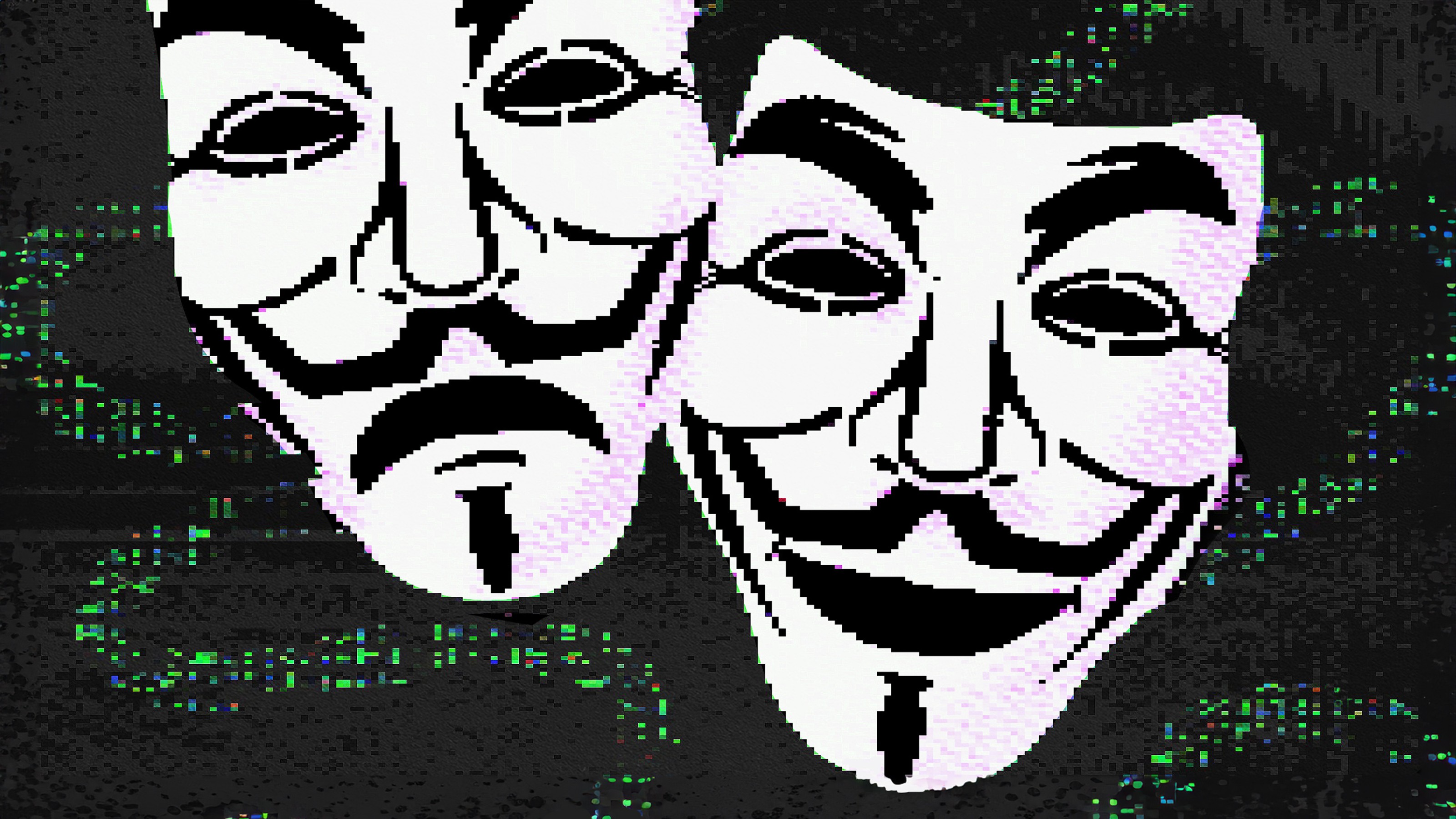Vote For Net Neutrality!

Net neutrality in Britain might be on thin ice, but this week’s European Parliament elections could set a new course for digital legislation across the continent.
The British government is in the middle of a massive “Digital Britain” report that will set its position on a range of Internet issues, but an excerpt from the report has the country’s net neutrality proponents worried, Ars Technica says.
According to the release, “the Government has yet to see a case for legislation in favour of net neutrality. In consequence, unless Ofcom find network operators or ISPs to have Significant Market Power and justify intervention on competition grounds, traffic management will not be prevented.”
The BBC has been fighting with British ISPs over net neutrality because the BBC’s iPlayer service for broadcasting to computers is just the kind of high-bandwidth application that providers would like to regulate–read: charge more to use.
Rather than embracing net neutrality, the British government has turned to what it sees as a market-based solution: your ISP must tell you what they’re charging for, and if you don’t like it, you can switch plans or providers.
The same battle has been waging in the European Parliament this spring as members have tried to pass a new telecommunications package.
BusinessWeek reported in March that Europe was on the verge of creating a tiered Internet that could stifle small innovators who lack the cash to buy the best bandwidth. Then in May, members of Parliament tacked on a rider to the telecommunications package that says Internet access is a fundamental right and bans restrictions on the rights of end-users unless a judicial ruling allows it or “public security” is at stake. The Council of Telecoms Ministers now have to approve that when they meet later this month, but the council members are no fans of net neutrality and the fight will likely drag on.
At least European voters get a say in all this during this week’s elections. A political organization called Free Software Pact starting identifying candidates who signed on to the group’s manifesto, which supports open-source software and net neutrality. As of now there are 174 candidate signatories, whose names you can read at the FSP page.





